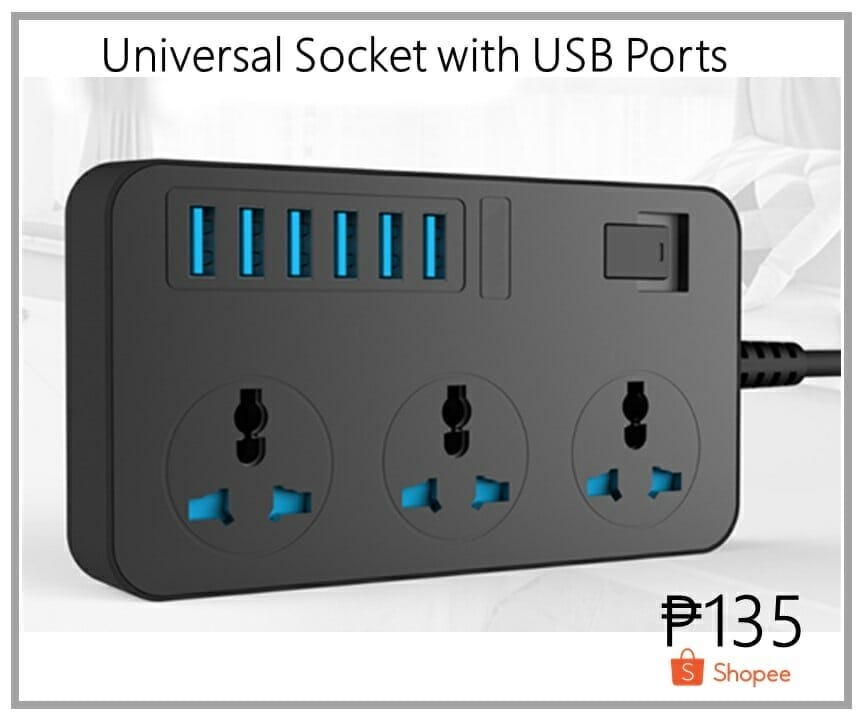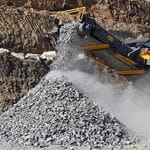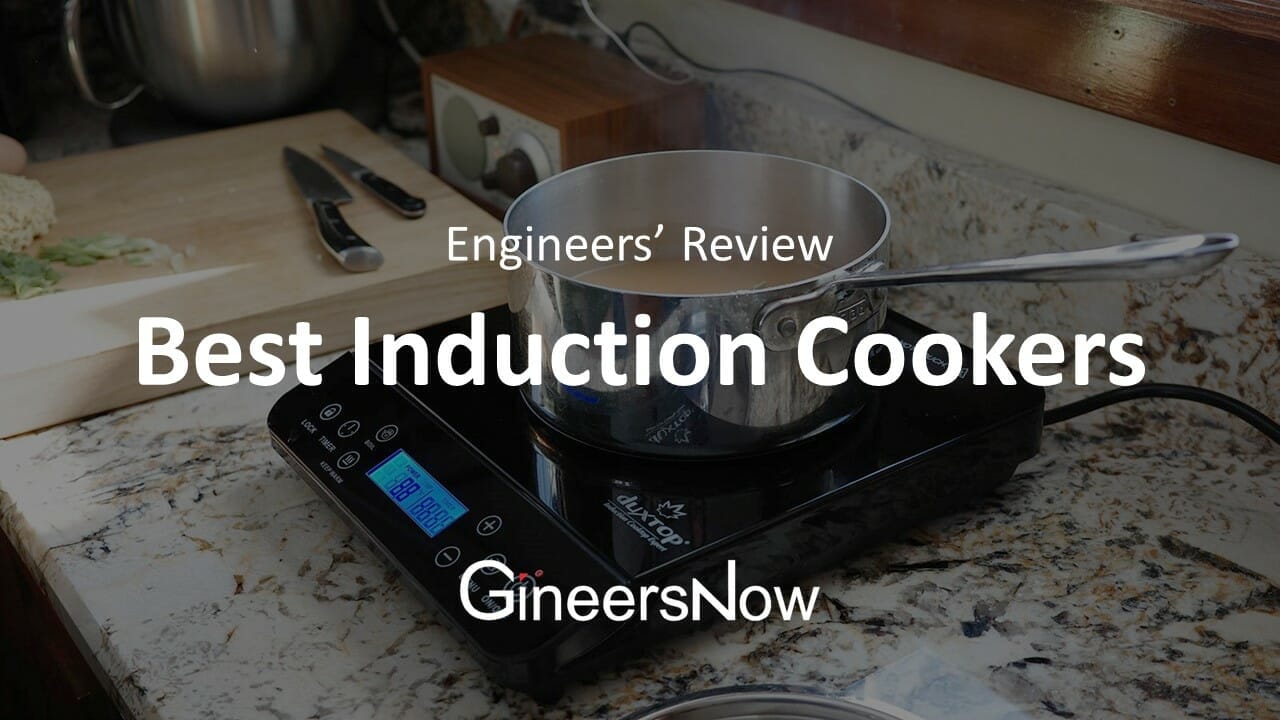Industrial Ovens
If you’re in the baking industry or business, you’d know by now that one of your greatest assets is your oven. Naturally, without an oven, it’s going to be so difficult for you to go about with your daily operations. Plus, these ovens also don’t come cheap. Because they’re meant to be able to withstand long hours of baking with big batches, these are some of the more expensive ones in the market today, especially the industrial ovens.
Just as is the case for any business, it’s also your responsibility as the owner to maintain and manage your equipment adequately. That way, you can effectively lengthen the life of your ovens.
To help you along that line, here are some of the best pointers to remember to maintain your company’s industrial ovens:
1. Clean Your Oven Regularly
One of the very first and easiest steps to maintaining your oven’s condition is to clean it regularly. There are many ways to go about cleaning your oven, and this choice is usually dependent on your preference. Some choose to go with cleaners sold in the market, while other company owners prefer more natural options, such as cleaners made from baking soda. Whatever your choice is, the bottom line is that you’re cleaning your oven regularly to avoid grease, dirt, and grime from accumulating too much. When this happens, it can be difficult for you to maintain your oven anymore.

What does “regularly” mean when it comes to cleaning your company’s oven? Here are telltale signs to look out for:
- Take a look at the overall general appearances of your industrial ovens. If there are crust and residue on the bottom, it’s time to clean it. Another sign is when there are grease and grime splattered on the door of your oven.
- Smell your oven. If there’s an unpleasant smell when you fire up your oven, this could mean that there’s lingering dirt or food inside.
- Check the smoke of your oven. If it’s still clean, it shouldn’t smolder.
2. Maintain The Blower
One of the most critical parts of an industrial oven is the blower, which is why it should be checked regularly. Generally, the checking of the blower is left to the expert technicians, as they’re the ones who can also apply grease or a lubricant on the fan itself. Doing this regularly helps keep your oven in good working condition.
Here are tips to follow, as regards the maintenance of the oven’s blower:
- The oil or lubricant should be applied on the front and the back of the motor and blower.
- The ball bearing the motor must always be pre-lubricated to avoid any costly repairs.
3. Use The Self-Cleaning Feature Safely
Industrial ovens today have high-tech built-in features in it. One of the best features that you can use to your advantage is its self-cleaning ability. Especially when your company is operating at a busy schedule, the self-cleaning feature works well for you. For instance, during non-peak operating hours or when you don’t have anything to bake, you can run the self-cleaning feature while you go about doing all the other tasks necessary in running your business.
But, a crucial tip for you to remember here is to make sure that you’re running the self-cleaning feature of your industrial oven safely. By this, it means that you’re always following the manufacturer’s guidelines.
An excellent tip to follow is that when you’re running this feature, always keep the window open as it can get hot. Then, after each self-cleaning cycle, leave the oven to cool for at least six hours before using it again.
4. Check Regularly For Any Possible Damage
Cleaning your oven doesn’t always require a professional to come in. Especially when you’re just doing minor, regular check-ups, these are often manageable by yourself or your team of employees. This fact is even more so when you’re running the self-cleaning feature regularly. When you regularly check for damage, you’re also extending the life of your industrial oven.
But, as you do the cleaning by yourself, do also check for any warning signs of damage that are visible on your oven. If these warning signs exist, it’s a telltale sign that you need to call a professional to address this:
- Faulty or visible electrical problems
- Damaged rubber seal in the oven
- Damaged parts, or parts that don’t seem to be in their proper location anymore
Conclusion
By following these simple care and maintenance tips, now you can effectively extend the life of your industrial oven. Because it’s one of the most expensive assets that your company owns, using it to its maximum lifespan is one of the best ways for you to make the most of what you’ve spent. Whether you’re a small or a big company, the last thing that you’d want to do is to have to keep on buying a new one regularly, only due to poor maintenance. With these tips, you won’t have to suffer that unfortunate plight. Business operations can go on effectively as usual.












